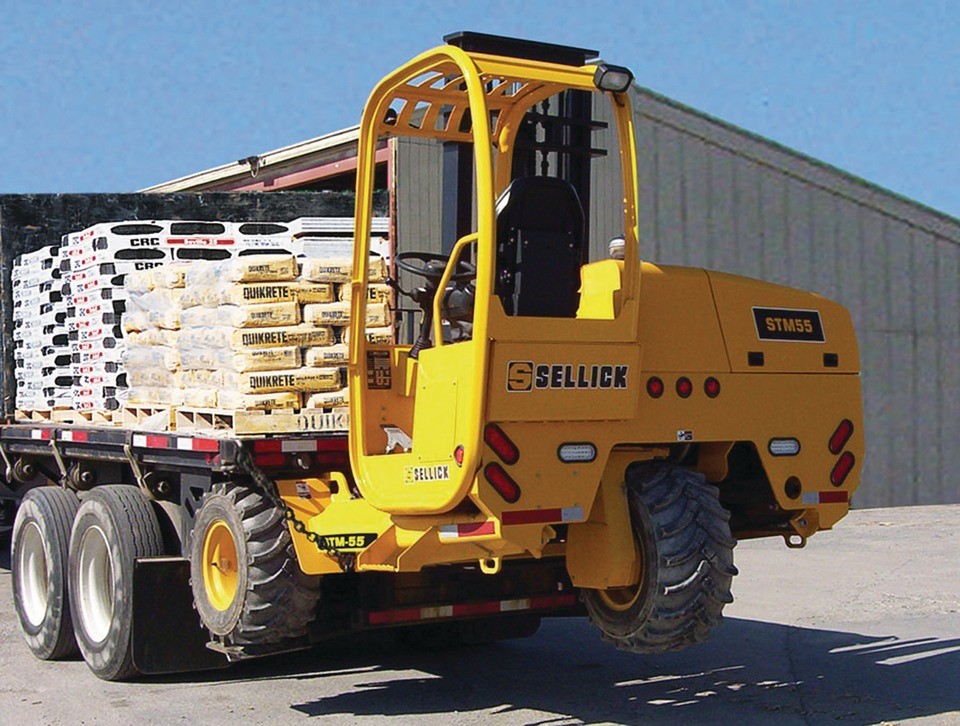Truck mounted forklifts, commonly known as Moffett trucks, play a crucial role in facilitating the loading and unloading of goods at job sites, construction sites, and distribution centers across the province. However, operating Moffett trucks requires specialized skills and knowledge to ensure safe and effective use. Onsite training emerges as a critical necessity for operators and employers alike, serving as a cornerstone for enhancing safety, productivity, and regulatory compliance. This article delves into the reasons why onsite training is indispensable for truck mounted forklifts (Moffett trucks) in Ontario and explores the benefits it offers to operators, employers, and the wider community.
Complex Operating Environment
Truck mounted forklifts, such as Moffett trucks, operate within a dynamic and often challenging environment characterized by tight spaces, uneven terrain, and varying weather conditions. Unlike traditional forklifts that operate within the confines of a warehouse or distribution center, Moffett trucks navigate outdoor settings where hazards and obstacles abound.
Onsite training provides operators with hands-on experience and practical knowledge specific to their work environment, allowing them to familiarize themselves with the unique challenges they may encounter. By simulating real-world scenarios and addressing site-specific concerns, onsite training equips operators with the skills and confidence needed to navigate safely and efficiently in diverse operating conditions.
Tailored Instruction and Practical Application
One of the key advantages of onsite training is its ability to deliver tailored instruction and practical application directly within the operational context. Experienced trainers can customize training sessions to address the specific requirements of Moffett truck operators and the industries they serve, focusing on relevant tasks, equipment features, and safety protocols.
By conducting training sessions onsite, instructors can demonstrate proper operating techniques, loading and unloading procedures, and safety precautions within the actual work environment. This hands-on approach allows operators to gain a deeper understanding of equipment functionality, spatial constraints, and safety considerations, enhancing their proficiency and effectiveness on the job.
Regulatory Compliance and Due Diligence
In Ontario, the operation of Moffett trucks falls under the purview of occupational health and safety legislation, including the Occupational Health and Safety Act (OHSA) and associated regulations. Employers have a legal obligation to ensure the health and safety of workers and to provide adequate training and supervision for tasks involving specialized equipment such as Moffett trucks.
Onsite training demonstrates a commitment to regulatory compliance and due diligence by providing operators with the necessary knowledge and skills to perform their duties safely and in accordance with applicable regulations. By investing in comprehensive training programs conducted onsite, employers mitigate the risk of non-compliance, penalties, and legal liabilities associated with inadequate training or unsafe work practices.
Enhanced Safety Culture and Risk Management
Onsite training fosters a culture of safety and risk management within organizations by promoting awareness, accountability, and proactive hazard mitigation. By bringing training directly to the job site, employers demonstrate their commitment to prioritizing safety and investing in the well-being of their workforce.
Training sessions conducted onsite encourage open communication and collaboration among team members, allowing operators to share insights, experiences, and best practices for safe Moffett truck operation. This collective approach to safety fosters a sense of responsibility and mutual support, empowering employees to identify and address potential hazards proactively.
Improved Operational Efficiency and Productivity
Effective training directly impacts operational efficiency and productivity by optimizing workflow, minimizing downtime, and reducing the likelihood of accidents or equipment damage. Well-trained Moffett truck operators can perform tasks with greater precision, speed, and confidence, resulting in smoother loading and unloading operations and faster turnaround times.
Onsite training equips operators with the skills to overcome common challenges and obstacles encountered in their daily work, such as navigating tight spaces, maneuvering on uneven terrain, or securing loads safely. By honing their abilities and streamlining workflow processes, trained operators contribute to overall operational excellence and business success.
Onsite training is a critical necessity for truck mounted forklifts, specifically Moffett trucks, in Ontario, owing to the unique operating environment, regulatory requirements, and safety considerations associated with these versatile machines. By delivering tailored instruction and practical application directly within the workplace, onsite training enhances operator proficiency, regulatory compliance, and operational efficiency.
Investing in onsite training demonstrates a commitment to safety, regulatory compliance, and employee well-being, while fostering a culture of continuous improvement and risk management within organizations. As Ontario’s logistics and transportation sector continues to evolve, the importance of onsite training for Moffett truck operators remains indispensable, ensuring safe and efficient operations that benefit operators, employers, and the wider community alike.


